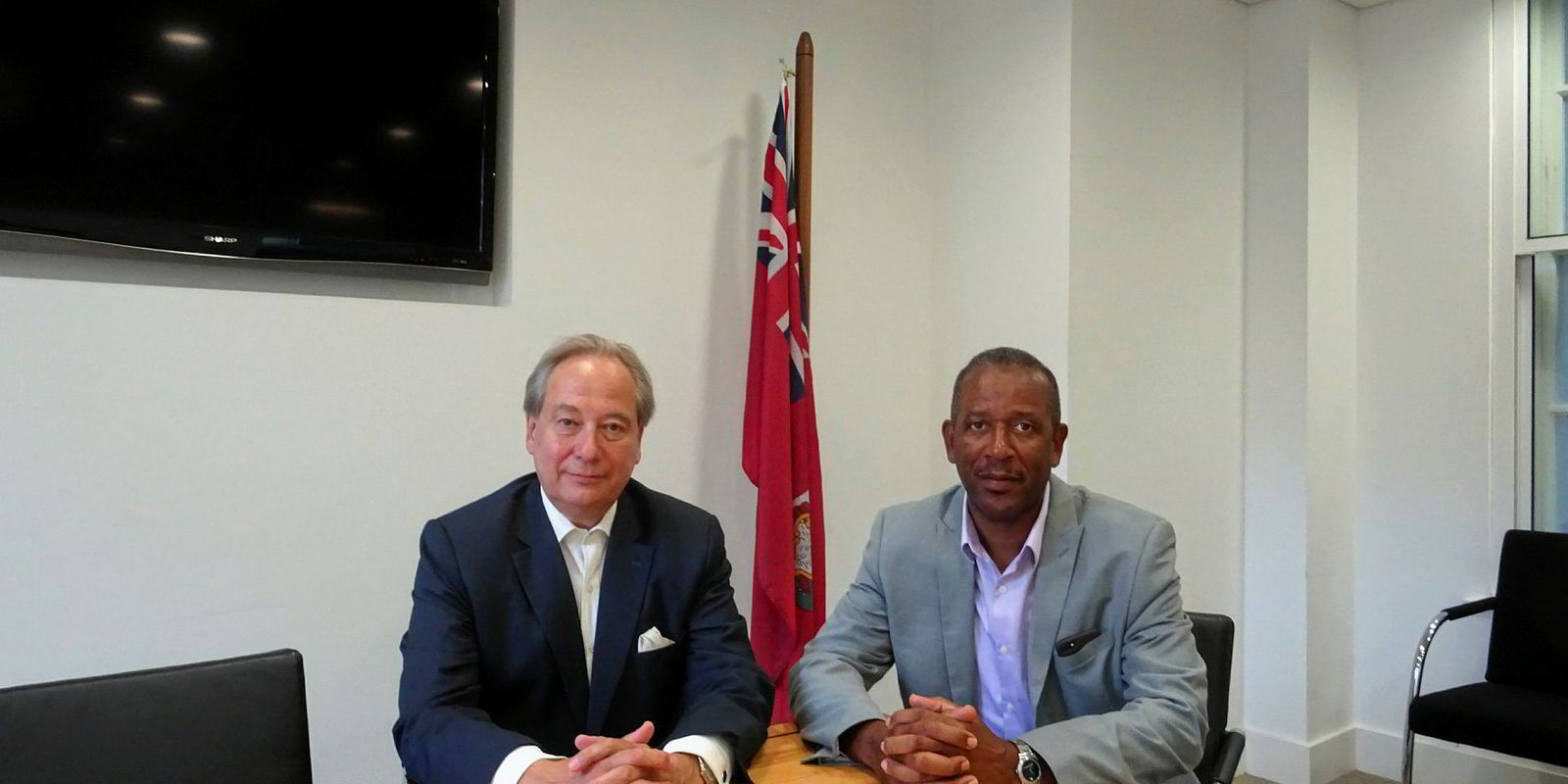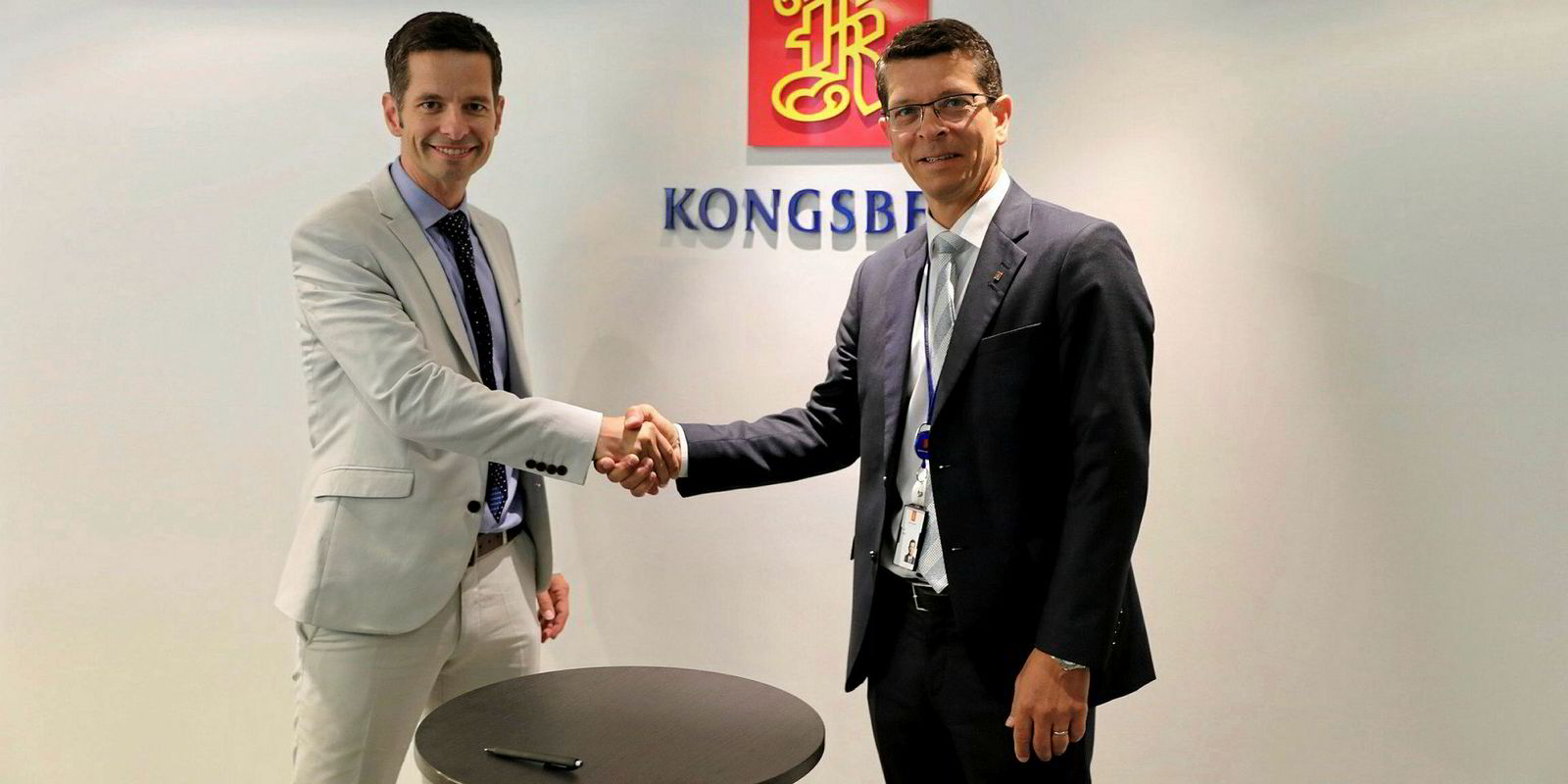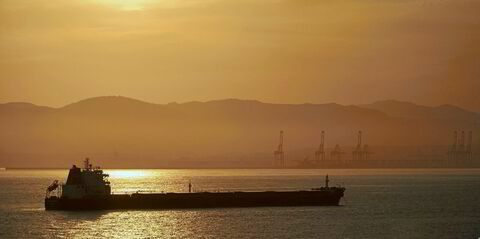The first fully autonomous commercial vessel, the Yara Birkeland, is expected to ship products along the coast of Norway by 2020. China, Japan and South Korea are also developing autonomous vessels that are expected to trade internationally. And Rolls-Royce and Google are collaborating to introduce autonomous ships by 2035.
These vessels, known as the Maritime Autonomous Surface Ships (MASS), have the capability to revolutionise shipping. However, there are questions as to whether the required international legal framework will be in place by the time these ships start operating.
The IMO believes that the introduction of MASS will make the shipping industry safer, more efficient and environmentally friendly.
But it recognises that MASS creates issues for international maritime conventions that were not drafted with unmanned ships in mind. These conventions include those on Safety of Life at Sea, Prevention of Pollution from Ships, International Regulations for Preventing Collisions at Sea, and Standards of Training, Certification and Watchkeeping for Seafarers.
The IMO’s legal committee is now undertaking a regulatory scoping exercise that is scheduled to be completed in 2020. The Comite Maritime International will also assist in identifying issues in relation to MASS. The IMO will then consider whether clarifications, amendments or new conventions are required to facilitate the international operation of MASS.
While clarifications can be provided quickly, amending an existing convention, or indeed introducing a completely new code, can be a long process.
Amendments take time
Amending an existing convention can take up to two years. Pursuant to “tacit acceptance”, a new procedure devised by the IMO, an amendment will usually enter into force 18 to 24 months after it has been introduced to the governments of contracting parties, unless objections to the amendment are received from a specified number of contracting parties before that date.
Introducing a completely new convention can be slow. For example, the Hong Kong International Convention for the Safe and Environmentally Sound Recycling of Ships was adopted by the IMO almost 10 years ago but remains unenforceable, as the required number of countries have failed to ratify it.
After the adoption of any draft convention by the IMO, a formal acceptance by the individual governments is needed. This is usually the lengthiest part of the process, as governments need to find parliamentary time to introduce new legislation and fulfil constitutional requirements before they ratify the convention.
In addition, the conflicting interests in digitalising the shipping industry will cause further delays.
For instance, it is unlikely that the governments of seafarer nations such as India, the Philippines and Russia will be eager to prioritise the ratification of conventions that enable the international operation of unmanned MASS, as this may have an adverse effect on the livelihood of their citizens.
Whether the IMO can, therefore, shoehorn the damages required into existing conventions by way of “clarifications” or “amendments” will have a big influence on the timing and possible delay in effecting legal change to enable the operation of MASS and other advanced technologies globally.
As such, it is likely that these technologies will operate on a small scale initially until regulation has been agreed that will facilitate their widespread rollout.





